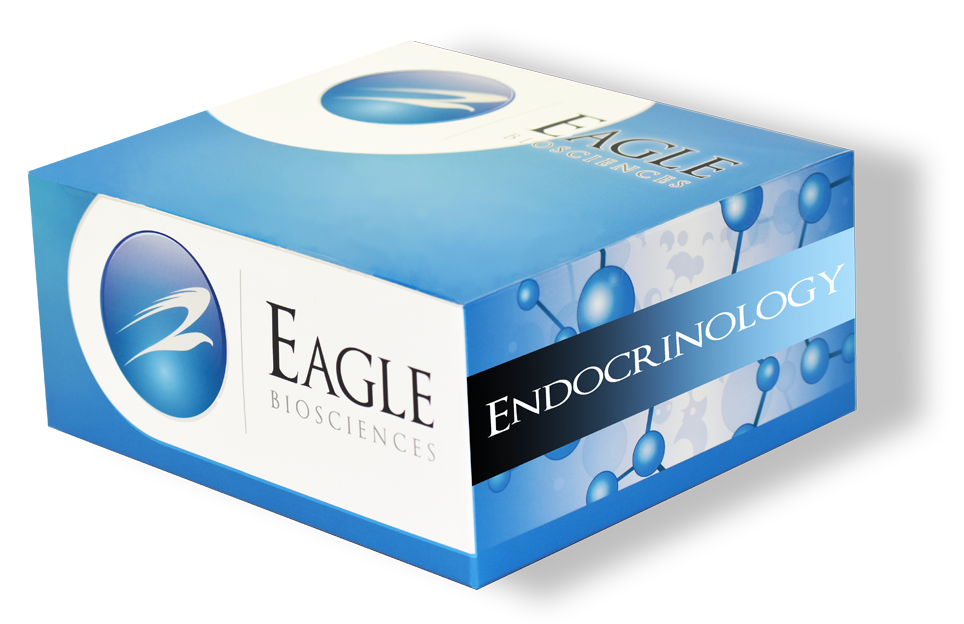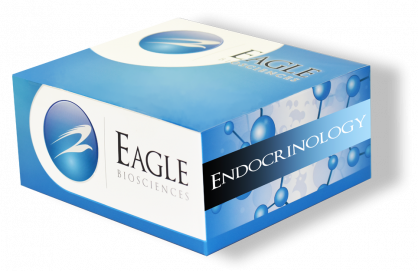Human High Sensitive IFN-gamma ELISA Assay
The Human High Sensitive IFN-gamma ELISA Assay is For Research Use Only
Size: 1×96 wells
Sensitivity: 0.69 pg/ml
Dynamic Range: 0.78 pg/ml – 25 pg/ml
Incubation Time: 3 hours
Sample Type: Serum, Plasma, Cell Culture
Sample Size: 100 µl
Alternative Names: Interferon Gamma, IFN-G
Assay Background
Interferon-gamma (IFN-γ, IFN-g, IFN gamma), also known as type II or immune interferon, is a dimerized soluble cytokine.
Interferon gamma is produced mainly by activated T cells and Natural Killer cells as part of the innate immune response, and by CD4 Th1 and CD8 cytotoxic T lymphocyte (CTL) effector T cells once antigen-specific immunity develops. IFN gamma is also produced by non-cytotoxic innate lymphoid cells (ILC), a family of immune cells first discovered in the early 2010s
IFNg is considered to be a proinflammatory cytokine, that activates macrophages and endothelial cells, it also regulates immune responses by effecting APC, and T cells.
IFN gamma is a cytokine that is critical for innate and adaptive immunity against viral, some bacterial and protozoal infections. IFN gamma is an important activator of macrophages and inducer of Class II major histocompatibility complex (MHC) molecule expression. Aberrant IFNγ expression is associated with a number of autoinflammatory and autoimmune diseases. The importance of IFNγ in the immune system stems in part from its ability to inhibit viral replication directly, and most importantly from its immunostimulatory and immunomodulatory effects.
Different populations of T-cells secrete differing patterns of cytokines that ultimately lead to different immune responses. IFNγ production is a key function of Th1, CD8+ CTLs and also NK cells. It is a cytokine critical for cell mediated immunity against viral and intracellular bacterial infections and is involved in the inflammatory response following secretion via macrophage activation and stimulation of antibody secretion. IFN is the hallmark effector cytokine of Th1 and therefore is an excellent marker for identifying a host response to intracellular pathogens.
IFN is produced during infection by T cells of the cytotoxic/suppressor phenotype (CD8) and by a subtype of helper T cells, the Th1 cells. Th1 cells secrete IL-2, IL-3, TNFα and IFNγ, whereas Th2 cells mainly produce IL-3, IL-4, IL-5, and IL-10, but little or no IFNγ. IFNγ preferentially inhibits the proliferation of Th2 but not Th1 cells, indicating that the presence of IFNγ during an immune response will result in the preferential proliferation of Th1 cells.
In addition, IFNγ has several properties related to immunoregulation. IFNγ is a potent activator of mononuclear phagocytes, and activates macrophages to kill tumor cells by releasing reactive oxygen intermediates and TNFα. IFNγ induces or augments the expression of MHC antigens on macrophages, T and B cells and some tumor cell lines. On T and B cells IFNγ promotes differentiation. It enhances proliferation of activated B cells and can act synergistically with IL-2 to increase immunoglobulin light-chain synthesis.
The role of IFNγ as a disease marker has been demonstrated for a number of different pathological situations including, viral infection, autoimmune disease, transplant rejection, diabetes and allergy.
Related Products
Human IL-2 HS ELISA Assay
Human sCD25 / IL-2R ELISA Assay Kit



